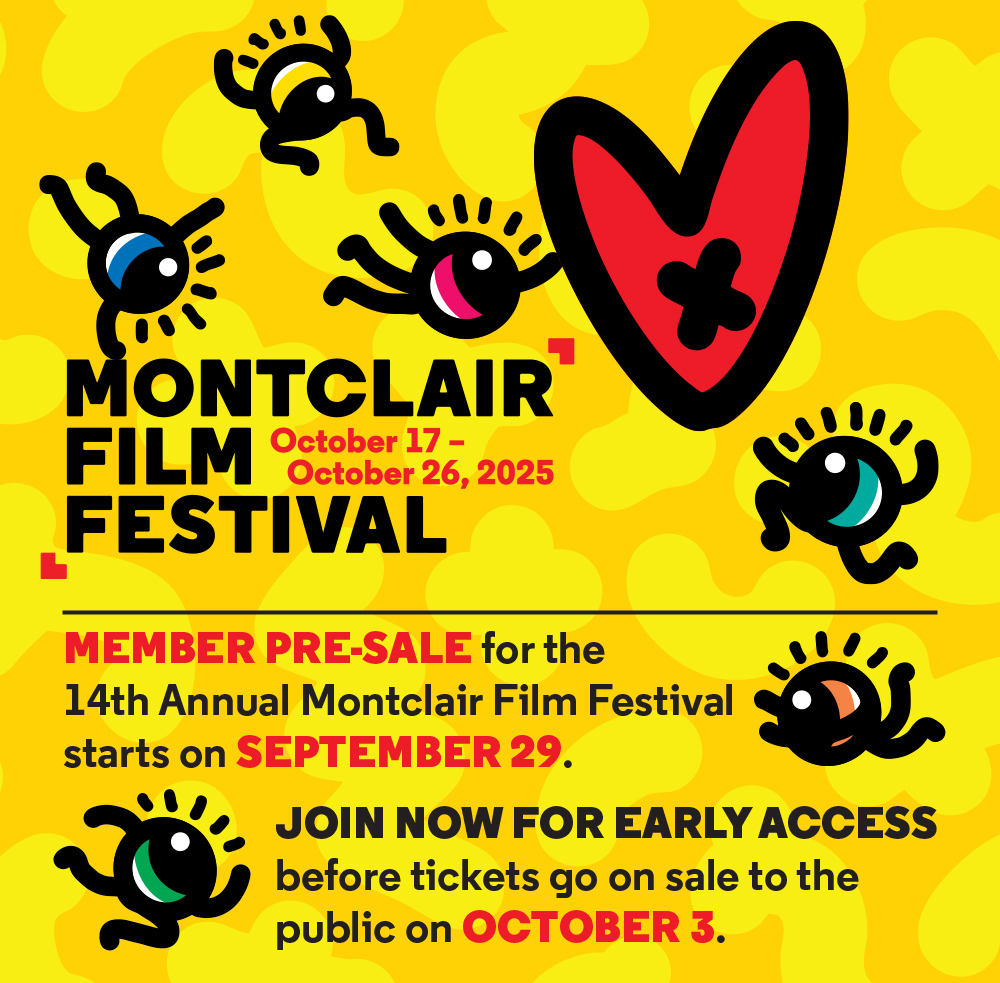Closing Night Film
The Piano Lesson

$35 Regular
$30 Member (not a member?)
A battle is brewing in the Charles Household. At the center stands a prized heirloom piano tearing two siblings apart. On one side, a brother (John David Washington) plans to build the family fortune by selling it. On the other, a sister (Danielle Deadwyler) will go to any lengths to hold onto the sole vestige of the family’s heritage. Their uncle (Samuel L. Jackson) tries to mediate, but even he can’t hold back the ghosts of the past.
Adapted from August Wilson’s Pulitzer Prize-winning masterwork, THE PIANO LESSON explores the intergenerational dynamics of identity, resilience and transcendence – revealing startling truths about how we perceive the past and who gets to define our legacy. The film is directed and co-written by Malcolm Washington in his feature directorial debut. From Oscar nominated producers Denzel Washington and Todd Black, and featuring an all-star cast including Samuel L. Jackson, John David Washington, Ray Fisher, Michael Potts, Erykah Badu with Danielle Deadwyler and Corey Hawkins.
The Montclair Film Festival is proud to present Malcom Washington’s THE PIANO LESSON as our 2024 Closing Night Film.
Q&A with Performance Award winner John David Washington & Breakthrough Director Malcolm Washington, moderated by Stephen Colbert follows the screening.

-
Genre
Fiction, African-American Interest, Drama, Historical Interest, In Conversation, Feature Film, Audible Storyteller Series, Intergenerational Drama, Period Piece, Q&A
Runtime
125 min
Section
Closing Night Film
Release Year
2024
Director
Malcolm Washington
Producer
Todd Black, Denzel Washington
Cast
John David Washington, Danielle Deadwyler, Samuel L .Jackson
Country
USA
Accessibility

